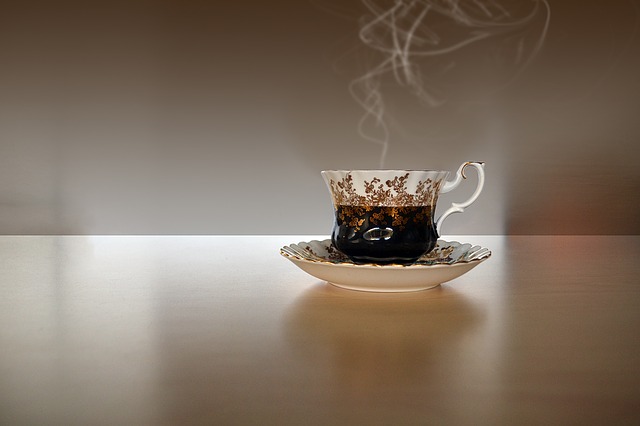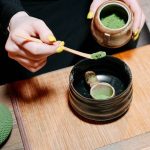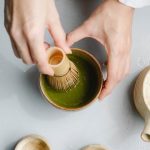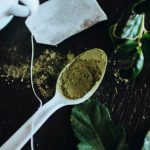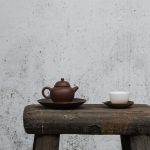The choices we make regarding our refreshments could be directed towards limiting intake of certain substances that might be considered unhealthy or harmful. One such substance containing belong to scrutiny is caffeine. Whilst we can all point out that a great dose of caffeine is just the ticket when the world thinks a little sleepy and now we should get something done, we can easily acknowledge that consuming an advanced of caffeine on a regular basis may not be beneficial to us, which enable it to increase our stress levels. So we could be looking for a drink that is reduced in caffeine like a healthy alternative to highly coffee. Tea might be the type of option that people think are a healthy and low-caffeine alternative.
So, does coffee contain more caffeine that tea? Ask a lot of people that question as well as their answer is likely to be ‘yes’. Many people tend not to realise that, pound for pound and as a dry commodity, tea actually contains more caffeine that coffee. Are you surprised? Most people are taken aback whenever they hear the real answer. However, fortunately that isn’t the total story in terms of rrndividuals are concerned. When tea and coffee are prepared like a drink, it is in fact coffee which includes more caffeine. Coffee might have over four times more caffeine when compared to tea, depending on what sort of tea you drink, and lastly the serving size.
But the storyline is certainly not simple.
There are no less than six several types of tea, that have slightly varying degrees of caffeine within them. Tea can be categorized based on how it really is processed, with black tea and Pu’erh tea being fully fermented teas and white and green teas being unfermented. In between these varieties, you will find the partly fermented oolong and yellow teas. This article will illustrate the amount caffeine every type of tea has, plus the caffeine levels that could be present in coffee along with other popular drinks. Whilst exact degrees of caffeine in different drink will be different according to individual preparation methods along with the individual differences in brands, these caffeine levels we are using for illustration are a good baseline.
Let’s begin by looking at the common levels of caffeine in popular caffeine containing drinks. A double espresso has anything from 45 to 100mg of caffeine in 2oz serving, and brewed coffee has 60-120mg in the 8oz serving, whereas colas have around 34mg per can. As a comparison, green, white and oolong teas are lacking in caffeine content in comparison to these popular caffeine drinks. In a typical teacup, you’ll find Oolong tea has 25mg of caffeine, green tea herb has 20mg, and white tea has 15mg. Black tea has the most caffeine, with 45mg per 8oz serving. But all teas, once prepared like a drink, are considerably lower in caffeine than coffee is. Rooibos, or Redbush tea has without any caffeine in any way. Although this is technically a herbal infusion, instead of a tea (as it really is not provided in the Camellia Sinensis plant), it is now an increasingly popular low-caffeine alternative to coffee.
Tea leaves might be used for multiple infusions and possesses been demonstrated how the caffeine levels drop dramatically as soon as the first infusion; as though the caffeine is very soluble and is also infused through the leaf more readily than other natural substances. Interestingly, in China all semi or fully-fermented teas (oolong, black or pu’erh teas) are “washed”. To do this, the tea is first infused very briefly as well as the resulting infusion is discarded. It is held this is especially for hygiene reasons, due to the extra processing, or rolling by hand, that fermented teas experience before reaching someone. However, if you are searching to reduce your caffeine intake, this ‘washing’ contains the additional good thing about considerably reducing the amount of caffeine in the infusion that you drink. Most in the caffeine will likely be removed using the first ‘wash’. Perhaps we need to all please take a lesson in the Chinese once we prepare our tea if we’re looking to lower our caffeine intake.
So, take into account the low caffeine of a single from the advantages of green tea when selecting your evryday beverage. Because with the availability of green tea extract, a lot more studies going on into other possible many benefits, but for now low caffeine levels alone can make it sensible choice.

